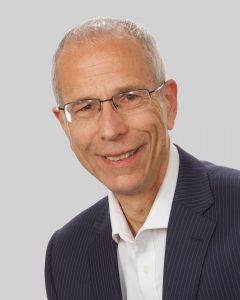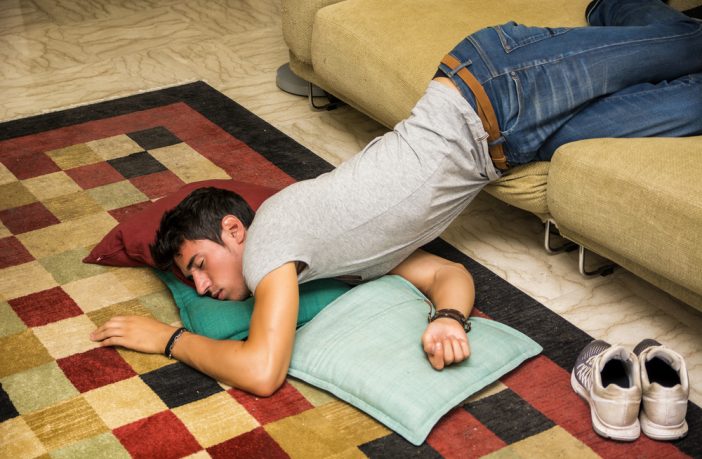As MPs debate whether the school day should start later, The OU’s Dr Paul Kelley said there are biological reasons why teenagers do stay up late and lie in longer.
A petition of more than 179,000 signatures online has sparked the debate on Monday February 11 in Parliament, focused on schools in England, to consider whether the school day should start later as a principle.
Research in the past has looked into the impact on later start times for teenagers and some schools have experimented with a change to school hours. Whilst schools can set their own school hours, they are required to act reasonably and consider such things as parents’ working hours as well as the affect on teachers and other pupils.

Dr Paul Kelley
Dr Paul Kelley is a former headteacher who carried out a nine-year investigation into finding an exemplar learning environment, which led to further work in schools determining when people learn best. His concern is that when biological time and social time clash, it can lead to sleep deprivation.
He says: “We found that the big issue is the health of students. Students need more time for sleep and they need to get up later. They are not lazy but what is happening is their health is being damaged by the current arrangements for school times.
“It is time for a change. What we find in our studies is that people are changing to much later times, because of the problems caused by getting up too late.
The real issue is that teenagers naturally stay up late. They should turn off the lights and their phones it’s true, but they naturally wake up later and if we try to override their biology then we are all in trouble.
“The number of people and schools that are switching to much later times is increasing, so people are finding that it actually works,” he adds.
Dr Kelley is Honorary Associate in Sleep, Circadian and Memory Neuroscience at The Open University. He has collated his research and learning in his new book Body Clocks: The biology of time for sleep, education and work, co-authored with Sian Griffiths of The Sunday Times, which explains both the problems and offers solutions.



